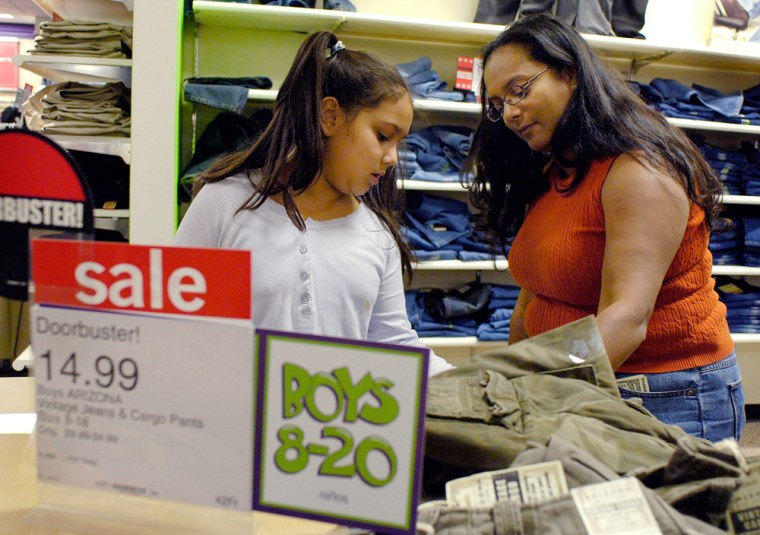Marketers know that mothers make most household purchasing decisions. By some estimates, moms in the U.S. spend $2.1 trillion a year — about 15 percent of the country's entire economy.
What marketers may not know, however, is that this segment is still ripe for the picking.
"Moms have their own language," says Nancy Lowman LaBadie, an executive vice president at Marina Maher Communications, a public relations agency that handles many of Procter & Gamble's female-focused products, such as Secret deodorant, Dawn dish soap and Clairol hair color. "I think companies who learn [that language], understand it and connect with it will reap the rewards."
Yet things get lost in translation. According to a recent survey of 3,500 U.S. mothers by BSM Media, 65 percent of mothers feel that they are "under-served" by advertisers — either because mom-focused ads don't resonate with moms or because the ads aren't aimed at moms at all. Strike the right nerve, though, and there's a mountain of money to be made.
First, consider the medium. Print magazines tend to be more effective at catching a mom's eye than newspapers. Moms read an average of 4.1 magazines a month, according to BSM Media. Radio works, too: Moms spend a lot of time in the car.
Moms are also increasingly online: 71 percent use the Internet to research purchases. By contrast, only about 20 percent comb newspaper ads.
How-to videos hit home. In May, BSM Media launched NewBaby.com, a YouTube for moms featuring videos on subjects like infant massage and how to tell your boss that you're pregnant. And this summer, computer giant Hewlett-Packard launched 10 videos on how to take digital pictures — say, of fast-moving kids — to help promote its cameras and photo printers.
"[Moms] don't use a camera because it has eight mega-pixels, but because it captures their memories," says Karen Cage, a spokesperson for HP. "Making that technology understandable and approachable is beneficial to the consumer."
On the Web, don't just rely on banner ads — moms want to engage in a conversation. A good deal of action happens at social networks like Maya's Mom and Café Mom, and at mom-centric blogs like BlogHer.
"We recognize that we don't always do a really good job via advertising or providing a comfortable dealer experience [to women and moms]," says Christopher Barger, director of global communications technology for General Motors. "We have been looking at how we can use [online] social media to improve our efforts there."
Better yet, offer an experience. That's what GM did last month when it chauffeurred around 75 moms in its cars for a weekend in Newport, R.I., in conjunction with a weekly podcast called Manic Mommies (produced by two moms). One participant remarked: "I appreciate that they recognize moms as an important-enough sector to treat us with first-class service."
When it comes to marketing, not all moms are created equal, so craft your messages accordingly. Take one key segment: Gen-X moms, between ages 26 and 41. Gen-Xers don't want to conquer the world (as perhaps their own Baby Boomer moms did), but are looking for balance among work, family and leisure. Products and services that make life simpler tend to resonate.
Finally, remember that moms want a better world for their kids. Show that your company cares, and you might hook a few more matronly customers. Flavored-water outfit HINT recently teamed up with a slew of causes — including AIDS Walk New York and Ladies Who Launch — to promote its brand among moms. And Sunkist brought its lemons into the limelight by giving away 11,000 pre-formed lemonade stands, collecting $800,000 in lemonade sales for multiple charities.
Says Lowman LaBadie: "Moms are going to bond with brands that take the welfare of their families into consideration."
